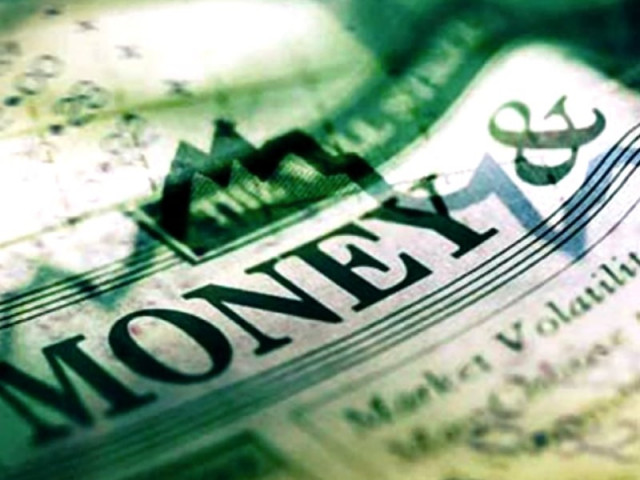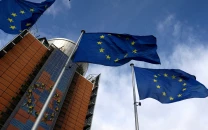Why economics needs history
Historical perspective on analysing problems.

History offers a kaleidoscope to the present and its blend with economics encompassing both qualitative and quantitative elements are of crucial importance to academics and policymakers alike. CREATIVE COMMONS
1348-50. Black Death pandemic wipes out between 75 and 100 million people globally. 1750-1850. Industrial Revolution originates in Britain having a profound effect on the social, economic and cultural environment of those times. 1757. British add India to its vast empire, establishing sovereignty over the region. 1914-18. Four long years of war engulf the whole world. September 4, 1929, fall in stock prices in USA marked the beginning of the Great Depression.
Global historical episodes related to medicine, technology or war and conquest shaping the social, economic and cultural milieu raise countless questions that are worth pondering over. Why was the Industrial Revolution British? Why was it the Europeans who conquered the world? What explains the difference in the growth trajectories of nations? Is the current financial crisis deeper than the Great Depression?
History offers a kaleidoscope to the present and its blend with economics encompassing both qualitative and quantitative elements are of crucial importance to academics and policymakers alike.
According to a recent blog post by the Institute for New Economic Thinking, post-crisis there is a growing concern among employers that there is little understanding of events of the distant past that can have particular relevance for today.

As Stanley Fischer, Governor of the Bank of Israel between 2005 and 2013, has said, “I think I’ve learned as much from studying the history of central banking as I have from knowing the theory of central banking and I advise all of you who want to be central bankers to read the history books.”
Economic history offers a historical perspective on analysing some of the real world problems that we face today.
The study of history in economics is important in understanding present day economic and policy performance of nations. The nature of policy and hence economic performance has also led to financial stability and crisis, and these episodes can reoccur making its study worthwhile to draw lessons for the future.
Moreover, the study of economic history also makes one appreciate the context for setting the right policy, for example. It is clear through studying institutional economics that ‘path dependence’ or the effect of historical economic institutions still persists today, making the study of economic history all the more important.
Solely employing data or sophisticated quantitative techniques would give half-baked solutions to real world problems.
It is sad that we never pay attention to history and hence never learn from it. Economic history as a subject is virtually absent in Pakistan. Not only is our understanding of the subject in reference to this region poor, the sad part is that we attach little importance to knowing it.
As Machiavelli said, “Whoever wishes to foresee the future must consult the past, for human events ever resemble those of preceding times. This arises from the fact that they are produced by men who ever have been, and ever shall be, animated by the same passions, and thus they necessarily have the same results.”
The writer is an economist and ex-central banker
Published in The Express Tribune, August 26th 2013.
Like Business on Facebook, follow @TribuneBiz on Twitter to stay informed and join in the conversation.


















COMMENTS
Comments are moderated and generally will be posted if they are on-topic and not abusive.
For more information, please see our Comments FAQ